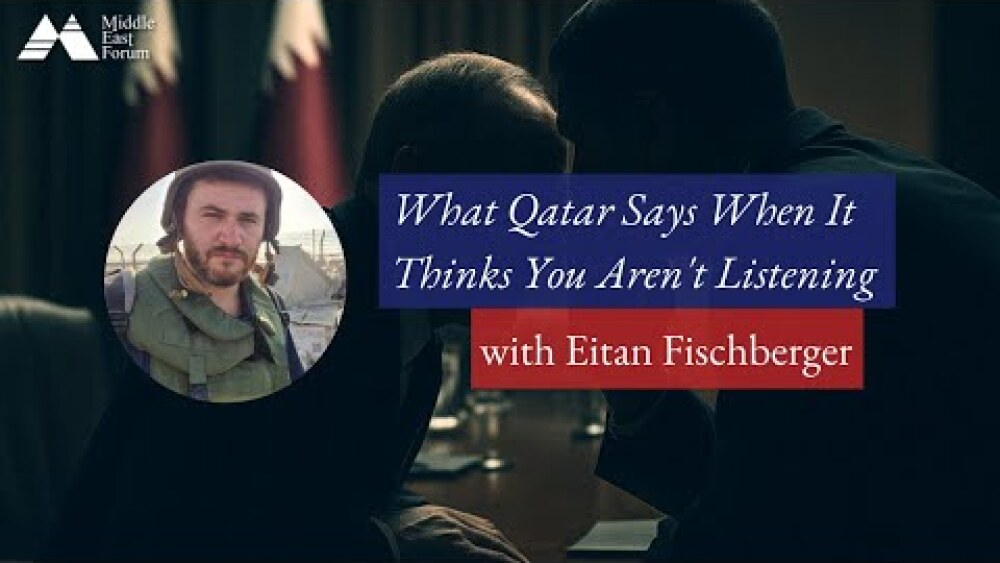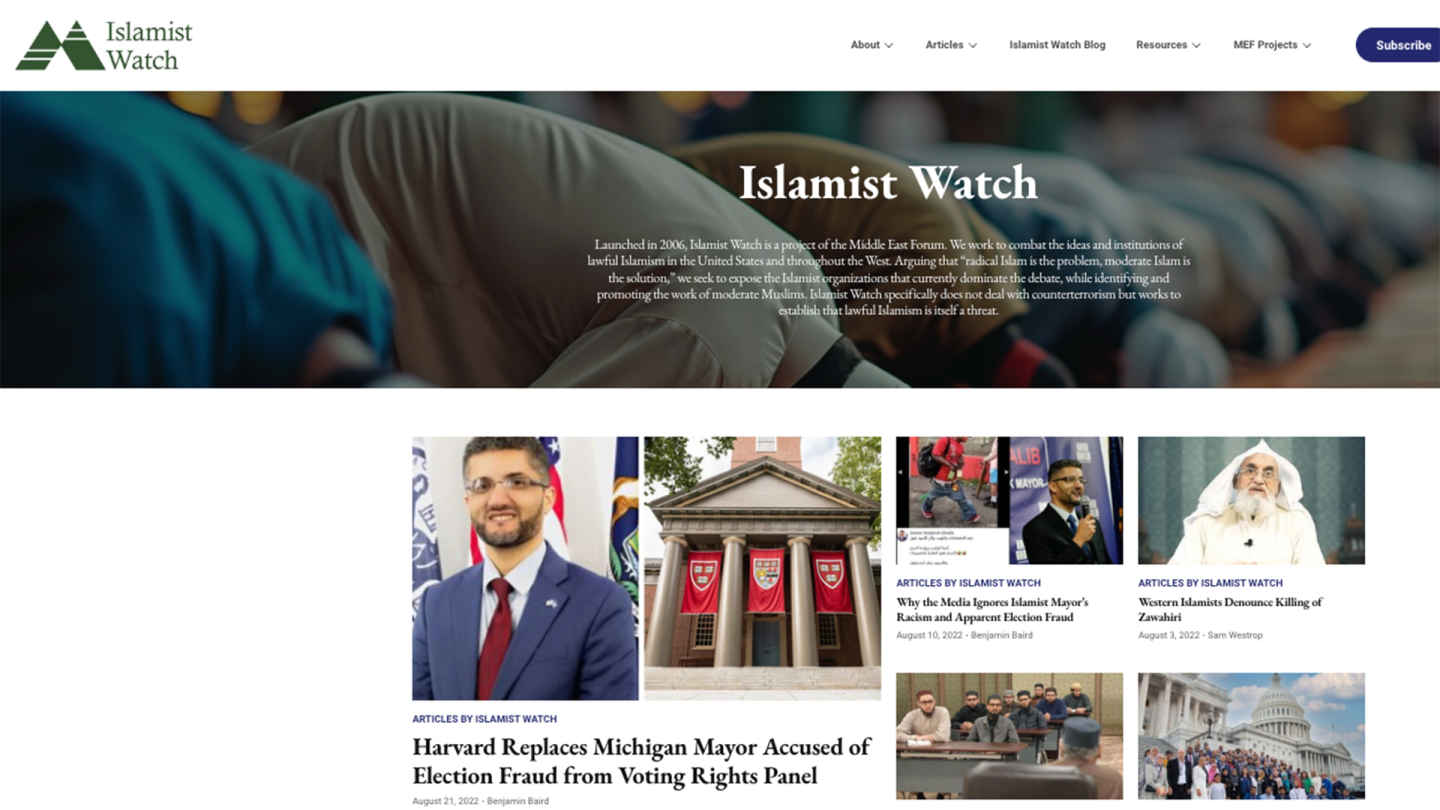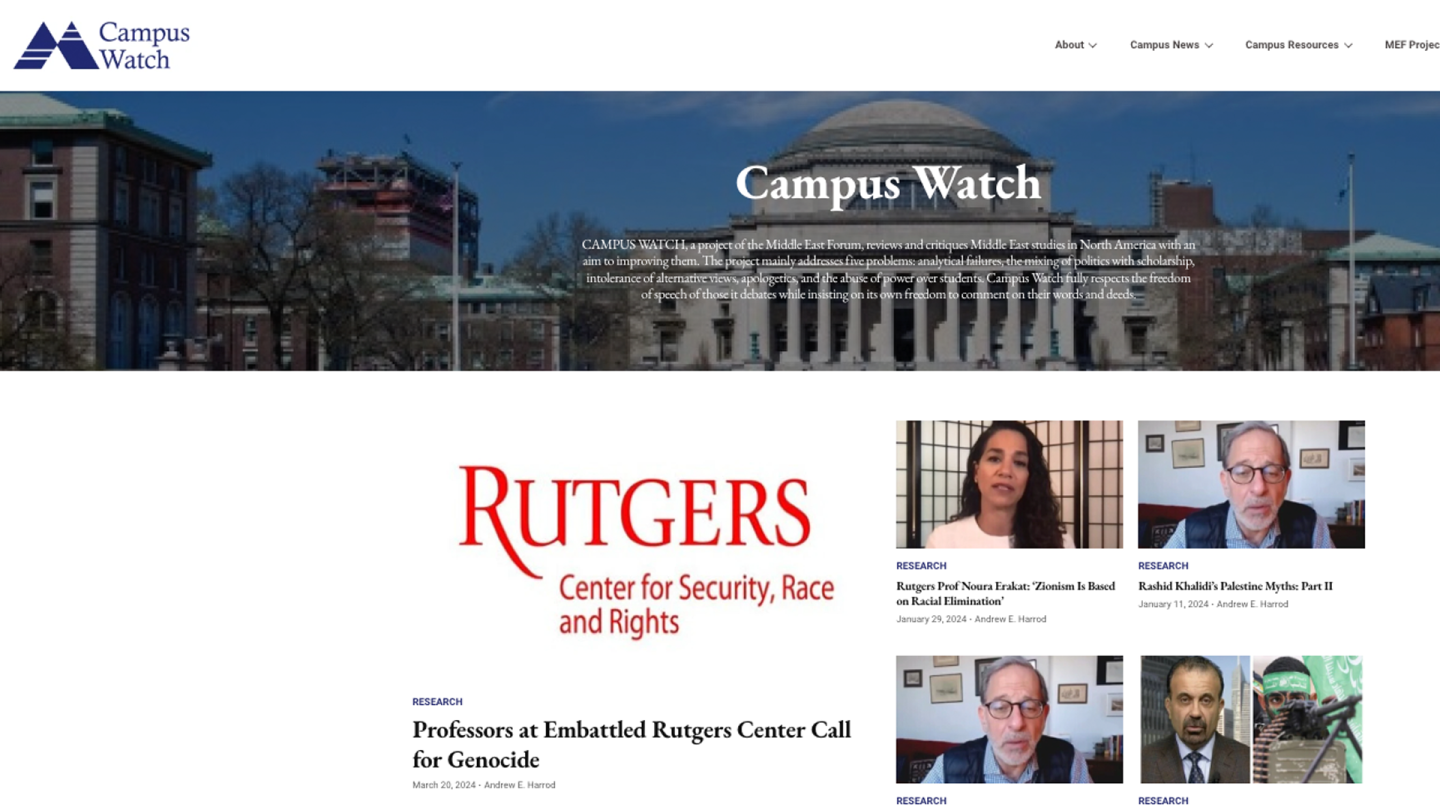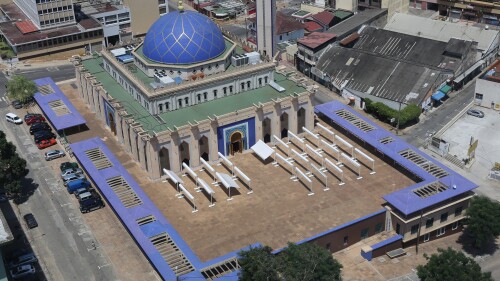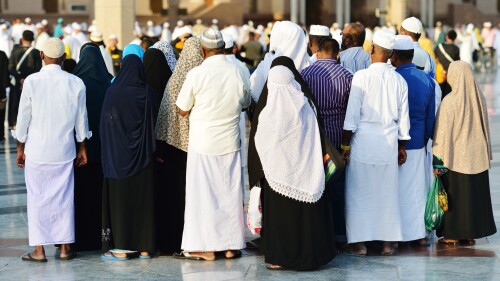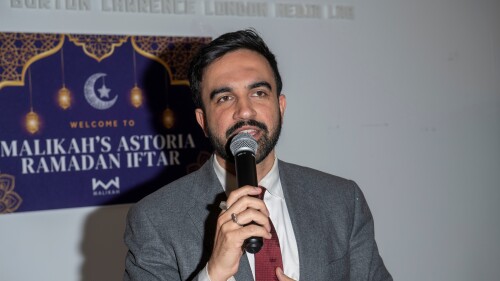If Investigation Confirms Iranian Involvement in the Bondi Massacre, Canberra Must Sever Diplomatic Relations with Tehran
Canberra Once Aligned with the United States on Middle East Issues, Including Israel, but Prime Minister Albanese Has Hewn a Different Path
A Stable, Western-Aligned South Yemen Would Help Secure a Vital Waterway Without Requiring U.S. Troops in the Persian Gulf
Sudan Has Ceased to Be a Sovereign State at War with Itself and Has Become a Battlespace for Competing Regional Hegemonies
Western Governments Are Financing a Regime Whose Policies Risk Repeating the Failures That Fueled the Arab Spring
In States Emerging from Conflict, the Presence of Diverse Religious Communities Can Help Rebuild Trust and Stability
The Editorial Attacks Al-Sharaa as One of the Foremost Examples of a Traitor to Islam
Parents Object as Group With Ties to Muslim Brotherhood Sets Curriculum
The Conquest Tradition, Proud and Unembarrassed in the Classical Sources, Is Incompatible with Modern Ideals
Spotlight on Syria, a Year after Assad’s Fall
A year after Ahmad Al-Sharaa and his formerly Al Qaeda-linked Hayat Tahrir al-Sham took Damascus and overthrew the Assad regime, where goes the new Syria?
Many observerss say Al-Sharaa has cast his terrorist ties aside, but his appointments and actions tell a different story. ISIS is again on the rise and many of the former terrorist commanders of HTS now wear uniforms of the Syrian Army. Minority populations are also under attack. Is Syria really on the road to peace, or is this just the calm before a renewed storm?
Many observerss say Al-Sharaa has cast his terrorist ties aside, but his appointments and actions tell a different story. ISIS is again on the rise and many of the former terrorist commanders of HTS now wear uniforms of the Syrian Army. Minority populations are also under attack. Is Syria really on the road to peace, or is this just the calm before a renewed storm?
The New Regime Promises Reform and Moderation When Engaging with the West, but Its Real Policy Is to Eliminate Syria’s Diversity
Middle East Quarterly - Current Issue
Founded in 1994 by Daniel Pipes, MEQ is the Middle East Forum’s journal intended for both scholars and the educated public. Policymakers, opinion-makers, academics, and journalists write for and read the Quarterly, which is known for exclusive interviews, in-depth historical articles, and book reviews on subjects ranging from archaeology to politics and on countries from Morocco to Iran.
Winter 2026 Volume 33: Number 1
Winter 2026 Volume 33: Number 1
-
Years of Middle East Forum Warnings Validated as Israel’s Parliament Takes Action
-
The Middle East Quarterly, MEF’s Journal Intended for Both Scholars and the Educated Public, Features Historical Articles and Book Reviews on Subjects Ranging from Archaeology to Politics
-
Governor Abbott’s Historic Designation Confirms Middle East Forum’s Extensive Documentation of Hamas-Linked Organization Operating in Richardson, Texas
-
Iran Has Entered a State of Permanent ‘Water Bankruptcy’ in Which National Demand Far Exceeds Renewable Supply
-
Contrary to Qatar’s Portrayal as a Key U.S. Mideast Ally, It Is Actually a Strategic Threat
-
The Fact That the Left Is in a Red-Green Alliance with Islamists Has Obviated the Need for Muslim Leaders to Moderate
-
Why Israel’s Military Victory Demands an Equal Response to Antisemitism at Home
-
The Dispute Currently Making News Across America’s Digital Landscape Has Been Fought Before
Middle East Forum Observer
Founded in 2024, the Observer provides rapid analysis on leading Middle East developments, from Marrakech to Mashhad and the Bab el-Mandeb to the Black Sea.
Launched in 2006, Islamist Watch is a project of the Middle East Forum. We work to combat the ideas and institutions of lawful Islamism in the United States and throughout the West. Arguing that “radical Islam is the problem, moderate Islam is the solution,” we seek to expose the Islamist organizations that currently dominate the debate, while identifying and promoting the work of moderate Muslims.
CAMPUS WATCH, a project of the Middle East Forum, reviews and critiques Middle East studies in North America with an aim to improving them. The project mainly addresses five problems: analytical failures, the mixing of politics with scholarship, intolerance of alternative views, apologetics, and the abuse of power over students. Campus Watch fully respects the freedom of speech of those it debates while insisting on its own freedom to comment on their words and deeds.
Antisemitism
-
Where Are the U.N. Officials Who Argue They Cannot Be Part of an Organization That Increasingly Fuels Blood Libel and One of the World’s Oldest Hatreds?
-
Tucker Carlson Is an Antisemite Whose Racism Disqualifies Him from the Realm of Political Discourse
-
Sukkat Salam Promotes Islamist Agenda under Guise of Interfaith Progressivism
-
He Is Not an Islamist, but He Is a Muslim Tribalist Who Believes the White Race Has Exploited Middle Eastern Muslims
Gaza
-
Today’s International Court of Justice Draws Judges from Legal, Cultural, and Political Traditions with No Common Philosophical Core
-
Washington’s Mixed Signals About Core Issues Encourage Islamist Groups to Expand Their Influence and Test Boundaries
-
U.S. President Pledged to Steer Clear of Projects like George W. Bush’s Iraq and Afghanistan Commitments
-
An Internal Failure Amplified External Efforts to Constrain Israel’s Operational Freedom During Wartime
Islam
-
European Court Ruling Will Set Precedent on Muslim Nation Vying for European Union Membership
-
Pakistani Leaders and Clerics Present the Country’s Nuclear Program as an Issue of National and Islamic Pride
-
When Morocco Dominates the Religious Scene, Moderation Follows. When Turkey or Iran Does, Terrorism Is Often the Result.
-
Sahwa Activists Have Decentralized and Are Strewn Across Universities, Charities and Cyberspace, Making the Movement Difficult to Uproot
Muslims in the US
-
The United States Is Entering a Critical Phase in Its Encounter with Political Islam
-
Husham Al-Husainy Was Headed to D.C. Until His Past Caught up with Him
-
Leader of Islamic Center Behind Project Has Promoted Hostility Toward Jews, Gays
-
Some of America’s Most Controversial Extremist Organizations Are Backing Mamdani, Starting with the Islamic Circle of North America


































